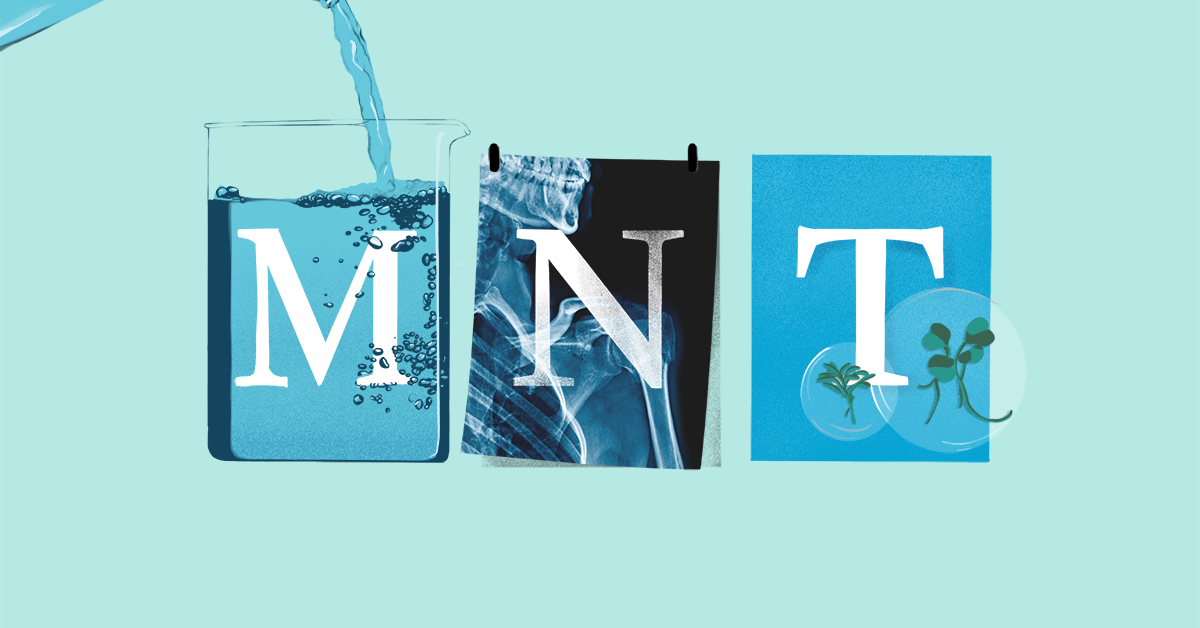The brain is a crucial organ that undergoes specific changes as people age. Older adults are at a higher risk of developing dementia, making it important for researchers to explore interventions that could potentially delay cognitive decline or even enhance brain function. A recent study published in Aging and Disease examined three levels of exercise among healthy older adults to observe how different intensities of exercise impacted the functioning of the hippocampus, a crucial area of the brain responsible for memory consolidation.
The researchers found that participants who engaged in high-intensity interval training (HIIT) experienced improvement in hippocampal function. What was particularly noteworthy was that this improvement was still evident up to five years after the intervention had started. The study authors emphasized that age can impact the hippocampus, leading to decreased volume and connectivity in this region of the brain, which is vital for memory processing and decision making.
Furthermore, the study results showed that participants who initially performed poorly on spatial learning assessments benefited the most from HIIT. Participants in the medium-intensity training group also saw some improvement, though less significant than those in the HIIT group. Interestingly, participants in the low-intensity training group did not experience any improvement. Overall, the study highlighted the potential benefits of exercise, especially high-intensity interval training, in enhancing brain function in older adults.
However, it’s essential to note the limitations of the study, such as the relatively small sample size and the exclusion criteria that may have limited the generalizability of the findings. Future research with larger sample sizes and diverse populations is needed to confirm the results. Additionally, more studies are required to determine if the observed improvements in hippocampal function extend to other cognitive domains, such as working memory and emotional recognition.
The researchers also pointed out the need for further exploration into genetic factors that may influence an individual’s response to exercise interventions. Understanding these genetic variants could help identify who may benefit the most from specific exercise regimes. While the study provided valuable insights into the potential benefits of HIIT for cognitive health in older adults, more research is needed to fully understand the mechanisms underlying these effects.
In conclusion, the study shed light on the positive impact of high-intensity interval training on hippocampal function in healthy older adults. This research opens up new possibilities for tailored exercise interventions aimed at improving cognitive health and potentially preventing dementia in aging populations. As researchers continue to explore the connections between exercise and brain function, we may see more personalized approaches to combating age-related cognitive decline in the future.











